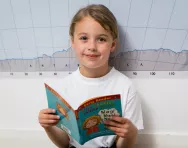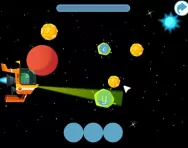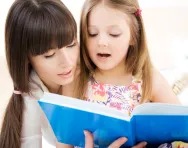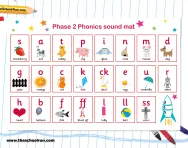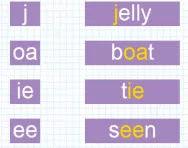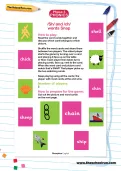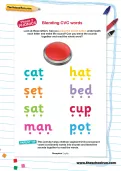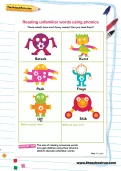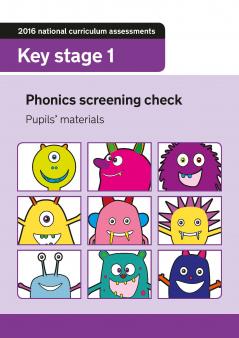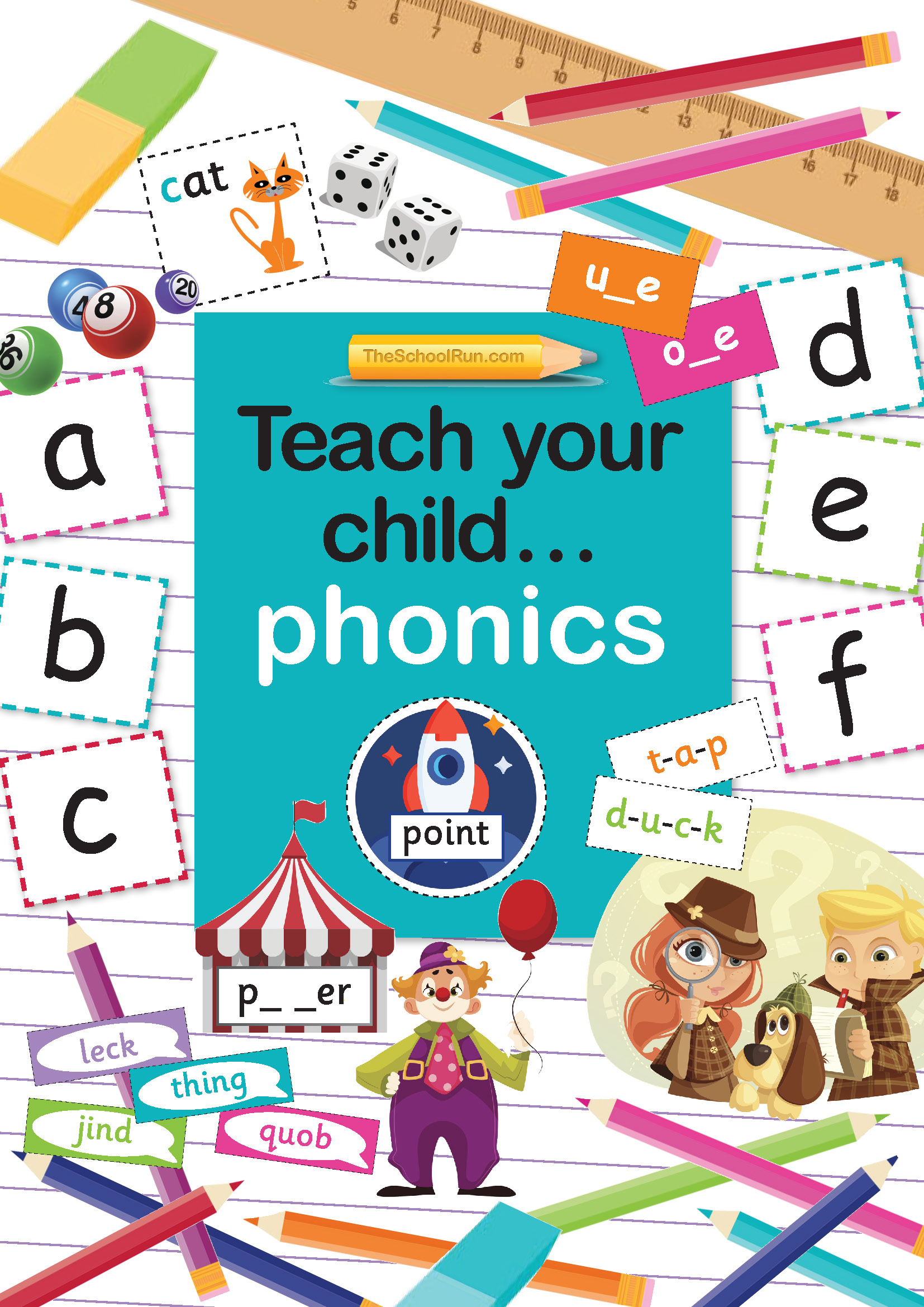Important update from TheSchoolRun
For the past 13 years, TheSchoolRun has been run by a small team of mums working from home, dedicated to providing quality educational resources to primary school parents. Unfortunately, rising supplier costs and falling revenue have made it impossible for us to continue operating, and we’ve had to make the difficult decision to close. The good news: We’ve arranged for another educational provider to take over many of our resources. These will be hosted on a new portal, where the content will be updated and expanded to support your child’s learning.
What this means for subscribers:
- Your subscription is still active, and for now, you can keep using the website as normal — just log in with your usual details to access all our articles and resources*.
- In a few months, all resources will move to the new portal. You’ll continue to have access there until your subscription ends. We’ll send you full details nearer the time.
- As a thank you for your support, we’ll also be sending you 16 primary school eBooks (worth £108.84) to download and keep.
A few changes to be aware of:
- The Learning Journey weekly email has ended, but your child’s plan will still be updated on your dashboard each Monday. Just log in to see the recommended worksheets.
- The 11+ weekly emails have now ended. We sent you all the remaining emails in the series at the end of March — please check your inbox (and spam folder) if you haven’t seen them. You can also follow the full programme here: 11+ Learning Journey.
If you have any questions, please contact us at enquiries@theschoolrun.com. Thank you for being part of our journey it’s been a privilege to support your family’s learning.
*If you need to reset your password, it will still work as usual. Please check your spam folder if the reset email doesn’t appear in your inbox.
Phonics

Phonics is a method of teaching children to read by linking sounds (phonemes) and the symbols that represent them (graphemes, or letters) and is used to teach reading in primary schools nowadays. In this section of the site you'll find out everything you need to know about how phonics is taught in school, what the phonics sounds mean and how to boost your child's phonics confidence.
How to support phonics learning at home
Most of us weren't taught phonics at school, so you'll want to start with our parents' guide to phonics teaching and understand the importance of phonics phases before you start working your way through our teacher-created phonics resources. You can also read clear explanations of the phonics terms you'll hear, such as phonemes, graphemes, consonant clusters, CVC, CCVC and CVCC words and exception words.
As well as easy-to-use phonics worksheets for each phase, we have a step-by-step programme – a structured series of letters and sounds worksheets and activities covering phonics essentials for Reception, Year 1 and Year 2 and tracking the National Curriculum phonics objectives.
You'll also find lots of teacher-created phonics worksheets and mock tests to help you prepare for the Year 1 Phonics Screening Check.
Our colourful phonics phases sound mats present the phonemes and graphemes children learn to read in Reception and Year 1, organised according to their phonics phase.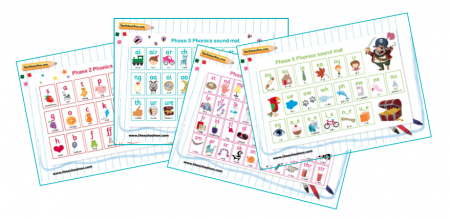
And for even more fun and practical phonics learning resources and activities, we have the Fabulous phonics learning pack, Phonics games pack and the Teach your child phonics eBook.
From Phonics Phase 1 to Phase 6, we've got all the home phonics support you need to build your child's phonics skills and confidence in a fun and engaging way.
Tutorials
Worksheets
These robots have such funny names! Can you read them?
Help your child prepare for the Year 1 Phonics Test
The Phonics Screening Check, which all children take, is meant to show how well your child can use the phonics skills they’ve learned up to the end of Year 1, and to identify students who need extra phonics help. The Department for Education defines the checks as “short, light-touch assessments” that take about four to nine minutes to complete. Find out everything you need to know about the phonics test and then download official past papers and our exclusive practice papers.
- Year 1 Phonics screening check 2019 official past paper
- Year 1 Phonics screening check 2018
- Year 1 Phonics screening check 2017
- Year 1 Phonics screening check 2016
- Year 1 Phonics screening check 2015
- Year 1 Phonics screening check 2014
- Year 1 Phonics screening check 2013
- Year 1 Phonics screening check 2012
- Year 1 Phonics Screening practice checks
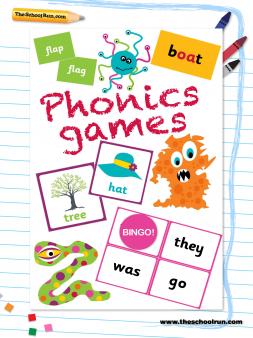
Phonics games
Your child will do lots of phonics learning at school – so why not use games to help them put their new skills into practice at home? Our Phonics games learning pack, created by a KS1 teacher (and parent), offers ten games and activities to choose from. Everything you need to start playing, from instructions to game boards and a sound die, is included in your download – print off your bingo counters, sharpen your pencils and have some fun!
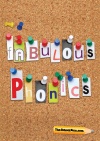
Fabulous phonics
Learning to read is all about phonics these days, so if you don't know your phonemes from your digraphs our phonics learning pack is for you. In the Fabulous phonics learning pack, you'll get a complete overview of how and why phonics is taught, as well as teacher tips to help you make phonics learning part of your child's everyday life and 50 printable games and activities to put the theory into practice.
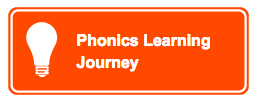
Follow TheSchoolRun's Phonics Learning Journey
The Phonics Learning Journey covers phonics essentials for Reception and Year 1, ordered to match the learning-to-read journey your child will follow at school.
Teach your child phonics
Teach your child phonics is a reference guide and home-teaching kit which will help you understand exactly what phonics skills your child is expected to have mastered by the end of KS1.
